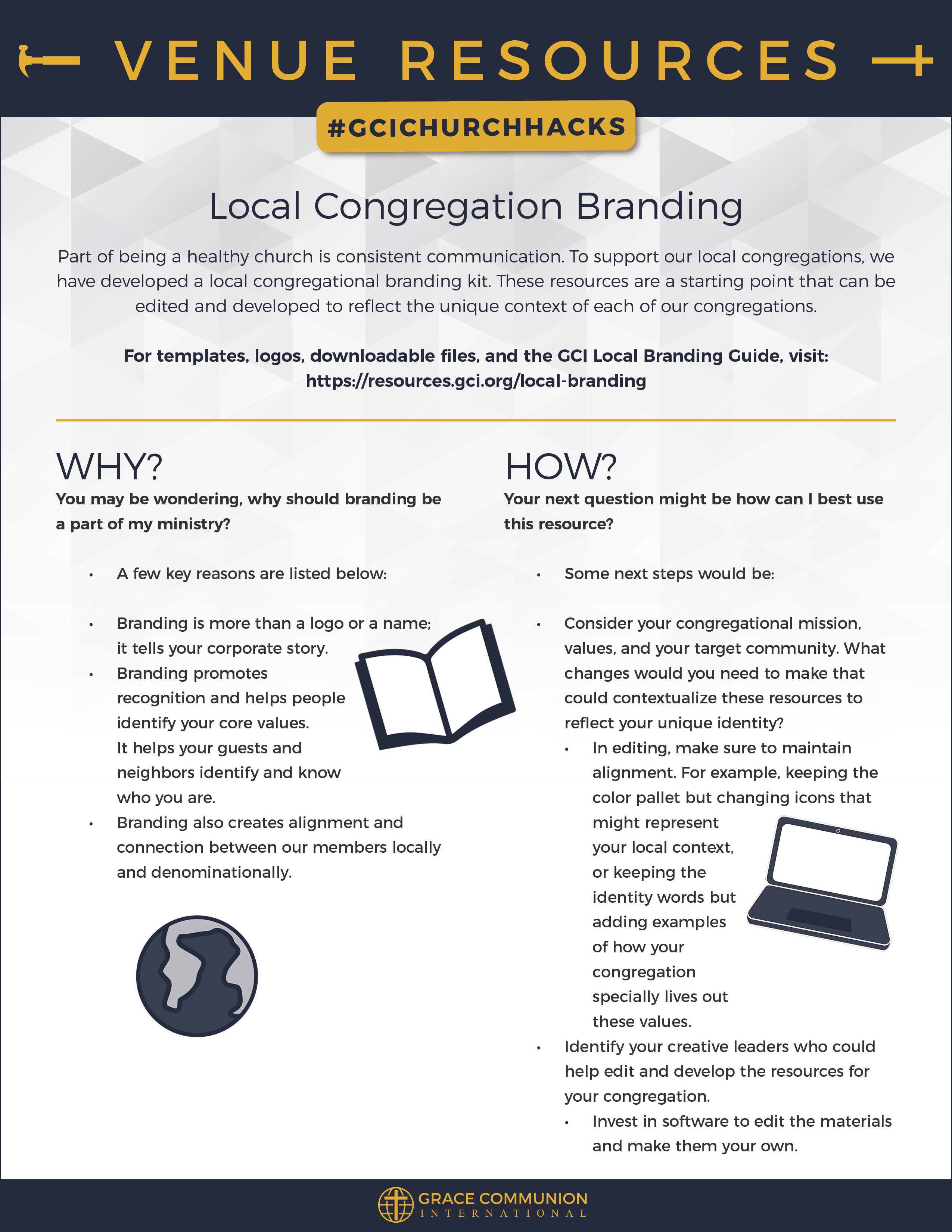Readings: Genesis 18:20-21 • Psalm 138:1-8 • Colossians 2:6-10 • Luke 11:1-13
This week’s theme is God knows what he is doing. When Abraham barters with God over Sodom and Gomorrah, God already knows the number of righteous in the city. The Psalmist reminds us that God knows all the troubles we face and already has a plan; for this we can praise him. Paul tells the believers in Colossae to continue to walk (trust) in Christ—he is the head over every power and authority. Luke reminds us that God knows the good gifts to give and we can trust him. This week’s sermon weaves a theme through these passages.
God Knows What He Is Doing
Have you ever wondered why God is delaying taking control? Why Jesus hasn’t returned yet? Do you ask why God seems deaf to your pleas? Perhaps you’ve felt the need to remind God how much he needs to intervene.
There is so much bad news today. Pick up the newspaper or go on the Internet and almost daily you will read news about earthquakes, fires, wars and famine, shootings, grief and misery. With the daily atrocities shouting out to us from the headlines, bad news seems to be the norm for our world. It sometimes makes us feel as if we are living in the most evil time period ever. But knowing the history of this planet, we realize that’s not true.
Evil was introduced into our world from the beginning, and though Satan has been conquered, his influence is still here. As someone once said, the dragon is slain but the tail is still wagging.
As Christians, we know we are not immune to the physical dangers to life and limb in this world. Neither are we immune to spiritual dangers. But here’s the key—God is never surprised by what we face, and he is never unprepared. We can trust that he knows what he is doing. The answer to all the evil we see and deal with is Jesus.
Normally, we strive to just focus on one scripture for the theme of the sermon. Today, however, I want to use passages from the Torah, the Writings, the Gospels and the Epistles of Paul to show a constant theme that God knows what he is doing.
Let’s begin in Genesis 18, with the story of Abraham bartering with God over Sodom and Gomorrah. God has seen the wickedness in the two cities and told Abraham it was time to destroy them.
Then the Lord said, “How great is the outcry against Sodom and Gomorrah and how very grave their sin! I must go down and see whether they have done altogether according to the outcry that has come to me; and if not, I will know.” So the men turned from there, and went toward Sodom, while Abraham remained standing before the Lord. Then Abraham came near and said, “Will you indeed sweep away the righteous with the wicked? Suppose there are fifty righteous within the city; will you then sweep away the place and not forgive it for the fifty righteous who are in it? Far be it from you to do such a thing, to slay the righteous with the wicked, so that the righteous fare as the wicked! Far be that from you! Shall not the Judge of all the earth do what is just?” And the Lord said, “If I find at Sodom fifty righteous in the city, I will forgive the whole place for their sake.” (Genesis 18:20-26 NRSV)
I love God’s patience here. He knew there weren’t 50 righteous and he let Abraham continue to barter all the way down to 10.
“Oh do not let the Lord be angry if I speak just once more. Suppose ten are found there.” He answered, “For the sake of ten I will not destroy it.” (Genesis 18:32 NRSV)

When we think God is not hearing our pleas, think of this story. God already knew the outcome, and he knew what was best for the future. He let Abraham barter with him so Abraham could learn to trust God and believe that God knew what he was doing. We need this reminder.
There are times when we feel it would be better if all the evil around us would be wiped clean, right off this earth. We know God could do that; he’s done it before. Why can’t it all just end? Why can’t Christ return and put a stop to it all?
Christ’s sacrifice defeated Satan, but we are still living in an evil world. Why is Jesus delaying his coming? Perhaps it is because he has a bigger plan; he always does. Our lack of understanding all the details, does not mean God’s plan isn’t the best plan. His plan always works for good. Our responsibility is to pray for God’s will and to accept his timing, not our own. We learned this from Jesus, who prayed, “Not my will, but yours.”
Let’s move to Psalm 138 and focus on the last two verses.
Though I walk in the midst of trouble, you preserve me against the wrath of my enemies; you stretch out your hand, and your right hand delivers me. The Lord will fulfill his purpose for me; your steadfast love, O Lord, endures forever. (Psalm 138:7-8 NRSV)
We all walk in the midst of trouble. The Psalmist understood this, but he also understood that we are not forsaken when we face trouble. God is not only present, but he is also at work. He is the deliverer and he will fulfill his purpose for us—and that purpose is fulfilled in his steadfast love. This is something we want to believe, but sometimes we get misled by lies. The lies tell us God does not care, that he isn’t concerned about us, that he rules from a distance, that Jesus wasn’t really God, that he can’t really intervene.
It’s not unusual to struggle in faith when we are facing severe trials, many of us do. It’s not something we should be ashamed of. There are a lot of lies about God; there always have been. This is one of the issues facing the believers in Colossae that Paul addressed. Notice what he says in his letter to them:
As you therefore have received Christ Jesus the Lord, continue to live your lives in him, rooted and built up in him and established in the faith, just as you were taught, abounding in thanksgiving. See to it that no one takes you captive through philosophy and empty deceit, according to human tradition, according to the elemental spirits of the universe, and not according to Christ. (Colossians 2:6-8 NRSV)
Throughout this chapter, Paul warns against false philosophies, legalism, the worship of angels and asceticism—all heretical influences and all contrary to the teachings of Christ. We face the same influences today—God is not real, Jesus was not God, God is not interested in you, you aren’t good enough for God, you are not forgiven, you need to earn salvation. People are still being captivated by numerous lies and various belief systems that are not of Christ.
Paul reminds us to stay rooted in the pure gospel message: Jesus is the answer. It seems too simple and quaint when you see it on a sign or on a fence post, but that doesn’t negate the truth. He is the answer to all our problems. His life, death and resurrection, his sacrifice, changed everything for us. Paul continues:
For in him the whole fullness of deity dwells bodily, and you have come to fullness in him, who is the head of every ruler and authority. (Colossians 2:9-10 NRSV)
Jesus is in charge, over every ruler and authority, physical and spiritual, and we are raised with him, dead to sin and alive in him. We read these encouraging words and we know they are true, but when we view the atrocities going on in our world and suffer our own personal failures, we can be overwhelmed with the here and now, losing sight of the hope of Christ in us.
So how do we remain rooted? How do we continue to live our lives in him? How do we remain established in the faith? Again, we look to Jesus as our example. The one constant in Jesus’ life was prayer.
Throughout the Gospels, we see Jesus praying. Sometimes he prayed all night. His disciples must have wondered at this. They had heard that John the Baptist taught his followers how to pray. They wanted to know how to pray powerfully as well. This brings us to our last scripture reference, in Luke. (I’m going to switch to the King James due to familiarity with the Lord’s prayer.)
And it came to pass, that, as he was praying in a certain place, when he ceased, one of his disciples said unto him, Lord, teach us to pray, as John also taught his disciples. And he said unto them, When ye pray, say, Our Father which art in heaven, Hallowed be thy name. Thy kingdom come. Thy will be done, as in heaven, so in earth. Give us day by day our daily bread. And forgive us our sins; for we also forgive every one that is indebted to us. And lead us not into temptation; but deliver us from evil. (Luke 1:1-4 KJV)
Later in church history another line was added: “For thine is the kingdom and the power, and the glory, for ever and ever. Amen.”
But Jesus didn’t stop with those few words, as profound as they are. He continued to address the unspoken questions about prayer. Does God hear? Does he answer? Does he care? Can we trust him?
And he said to them, “Suppose one of you has a friend, and you go to him at midnight and say to him, ‘Friend, lend me three loaves of bread; for a friend of mine has arrived, and I have nothing to set before him.’ And he answers from within, ‘Do not bother me; the door has already been locked, and my children are with me in bed; I cannot get up and give you anything.’ I tell you, even though he will not get up and give him anything because he is his friend, at least because of his persistence he will get up and give him whatever he needs.” (Luke 11:5-8 NRSV)
Some translators feel the Greek word translated persistence would be better translated boldness. Their argument: It’s not that if you just keep asking long enough, God will finally answer your prayers. Many scriptures show God as eager to hear and answer prayers. Let’s read the next verses:
So I say to you, Ask, and it will be given you; search, and you will find; knock, and the door will be opened for you. For everyone who asks receives, and everyone who searches finds, and for everyone who knocks, the door will be opened. Is there anyone among you who, if your child asks for a fish, will give a snake instead of a fish? Or if the child asks for an egg, will give a scorpion? If you then, who are evil, know how to give good gifts to your children, how much more will the heavenly Father give the Holy Spirit to those who ask him. (Luke 11:9-13 NRSV)
God knows what he is doing. He knows what good gifts to give you, and when. Jesus is telling us, yes, pray when you are in trouble or when you need to experience God’s forgiveness, or when you need to forgive others. Pray when you are tempted and feeling weak. But always pray for his will to be done; his will is good.
Let’s face it, sometimes it is difficult to pray for God’s will to be done and not your own. There is fear involved. What if I don’t like God’s will? What if it means more trouble, more pain, more confusion? Under some circumstances, praying for God’s will is a tough prayer to pray and really mean it. But that’s where our hope lies—in God and his will for us, and his will for this evil world. He does know what is best for us—both in the short term and in the long term—far better than we could ever know for ourselves. He knows how and when to give good gifts, and he already gave us the greatest gift—his Son.
Many times in life there is only one place we can go to have hope for the future. And that hope is a person. Jesus is the hope of this world. He’s the one we can go to when there seems no way out of the troubles we face.
Christ’s way of hope is the way of knowing who is in charge of this world, the way of anticipation toward what the future holds for us. Jesus gave us wonderful gifts of grace and faith so we could face life’s upheavals bravely, with courage and hope. When we are at our weakest, great power lies in our hope in Christ.
So, next morning when you turn on the TV or look at your phone or newspaper, stop, take a deep breath, and do not lose sight of that hope. God really does know what he is doing—Jesus really is the answer.
- Some people read Genesis 18 and believe Abraham was being disrespectful for bartering with God. What do you feel about this? Have you ever bartered with God? How did he respond to you?
- What are some of the things you see that make you wonder if Jesus is delaying his return? Explain how this sermon helped you see things in a different light.
- Share a time you thought your troubles were overbearing and how God delivered you.
- What lies do you hear about God? What lies do you hear others saying and/or believing about God?
- What does it mean to you that Jesus is the head of every ruler and authority?
- What is the difference between persistence and boldness when it comes to prayer? Are you persistent or bold in your prayers?
- Luke tells us God knows how to give gifts; what gifts has God given you that surprised you?



 Jesus does the same for us. Through the Spirit he has revealed himself to us and has drawn us in to experience his healing and love. In the midst of our brokenness we are told that we are loved and included—just as we are.
Jesus does the same for us. Through the Spirit he has revealed himself to us and has drawn us in to experience his healing and love. In the midst of our brokenness we are told that we are loved and included—just as we are.




